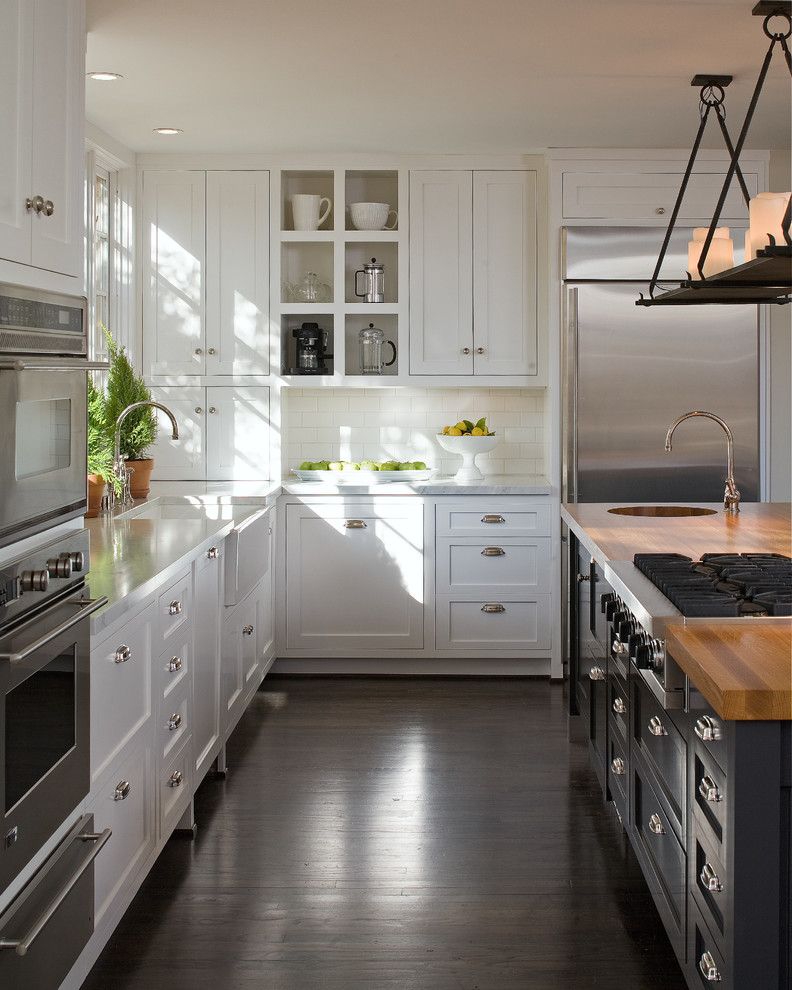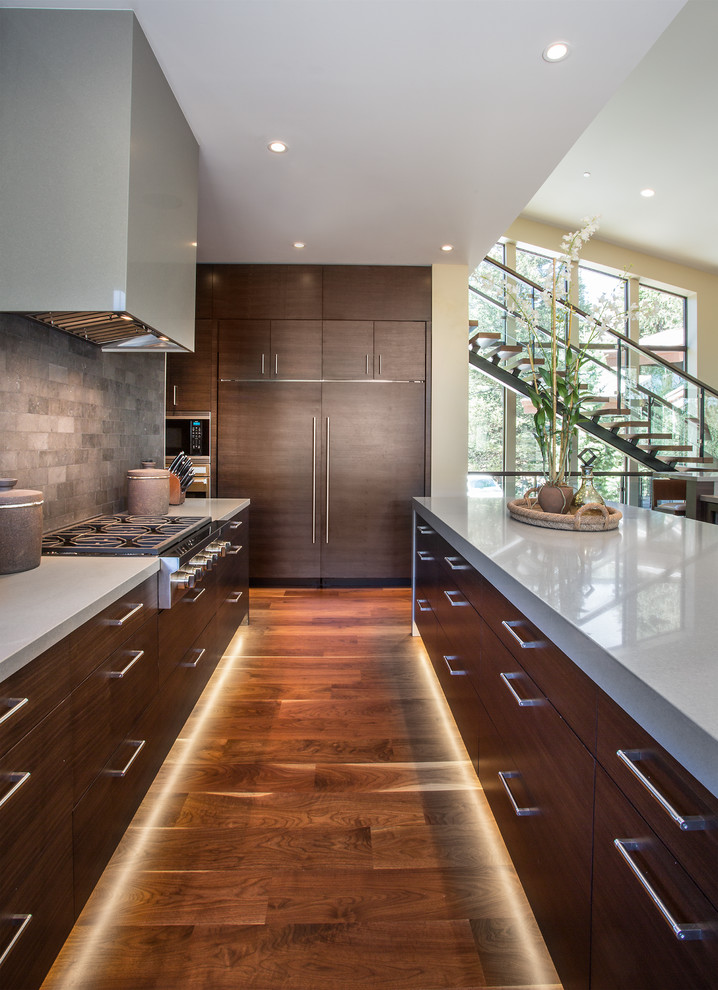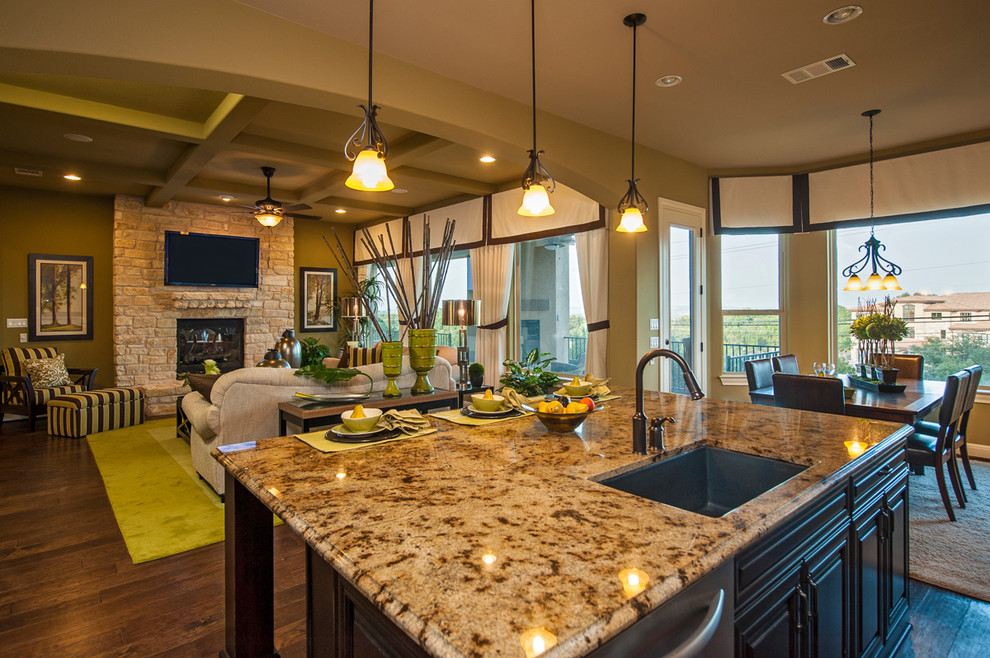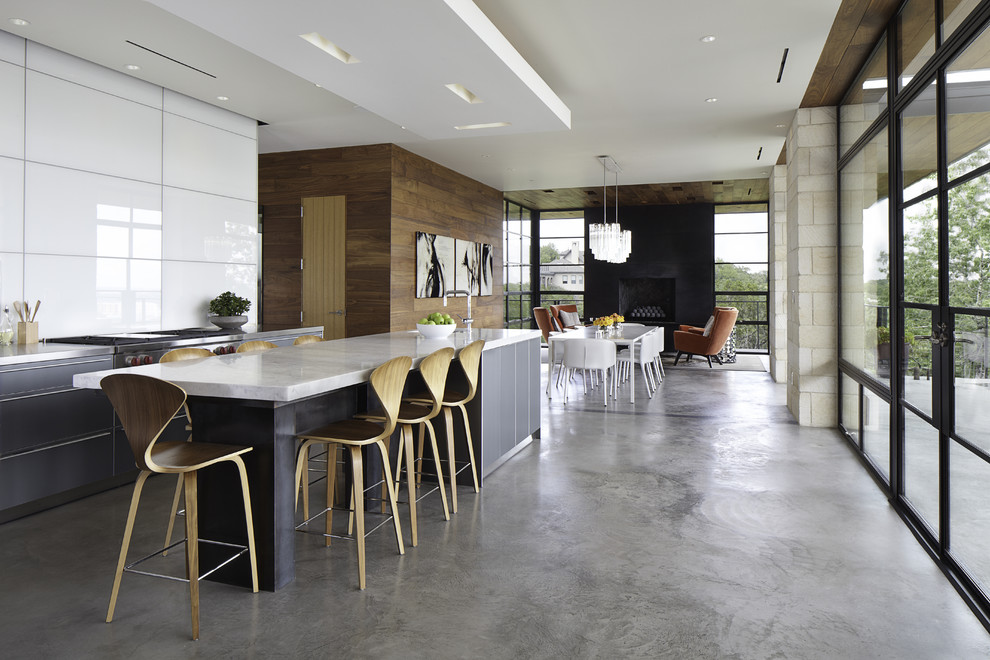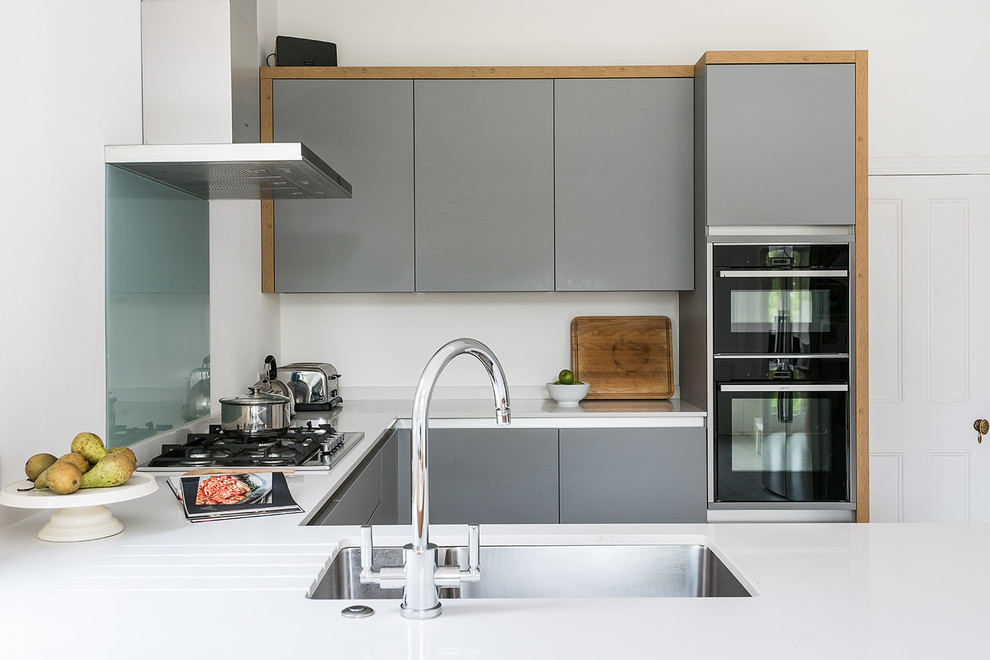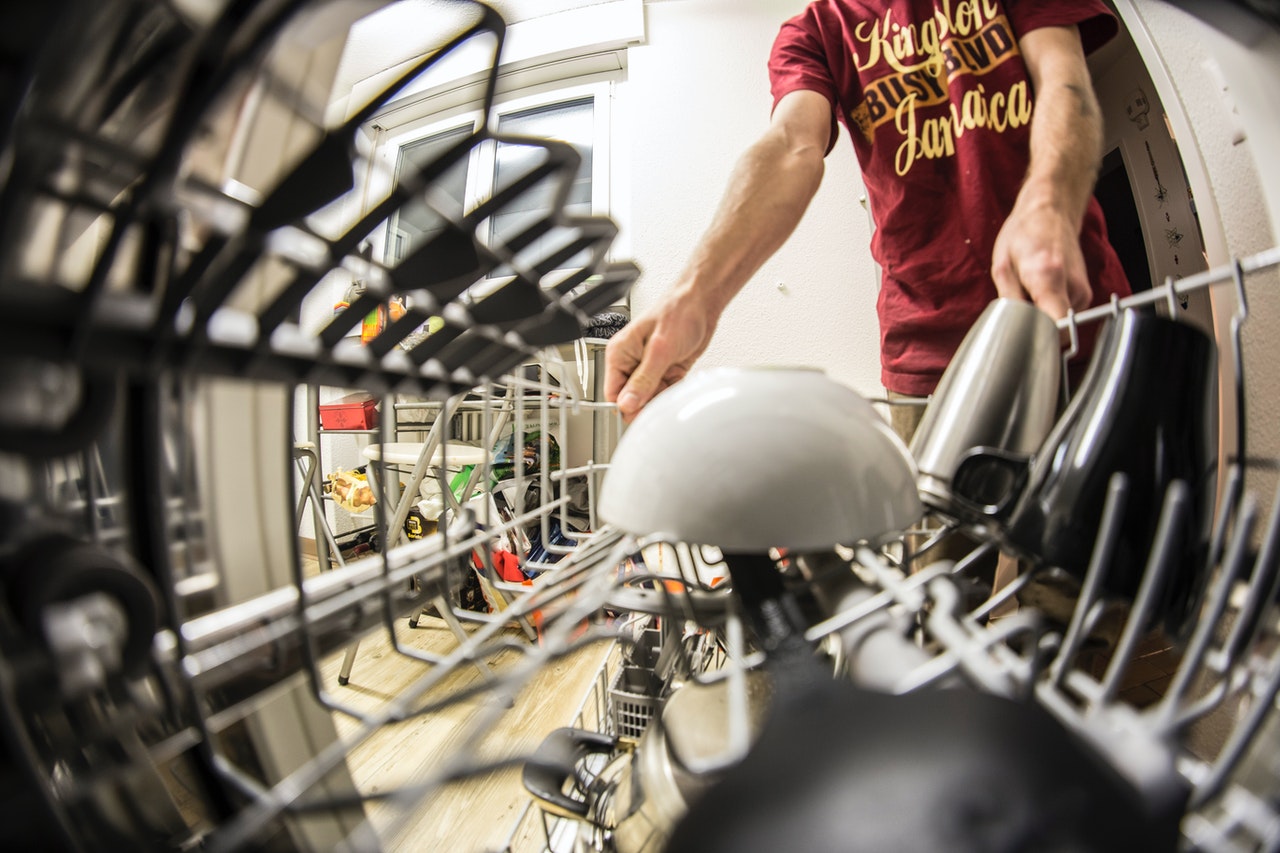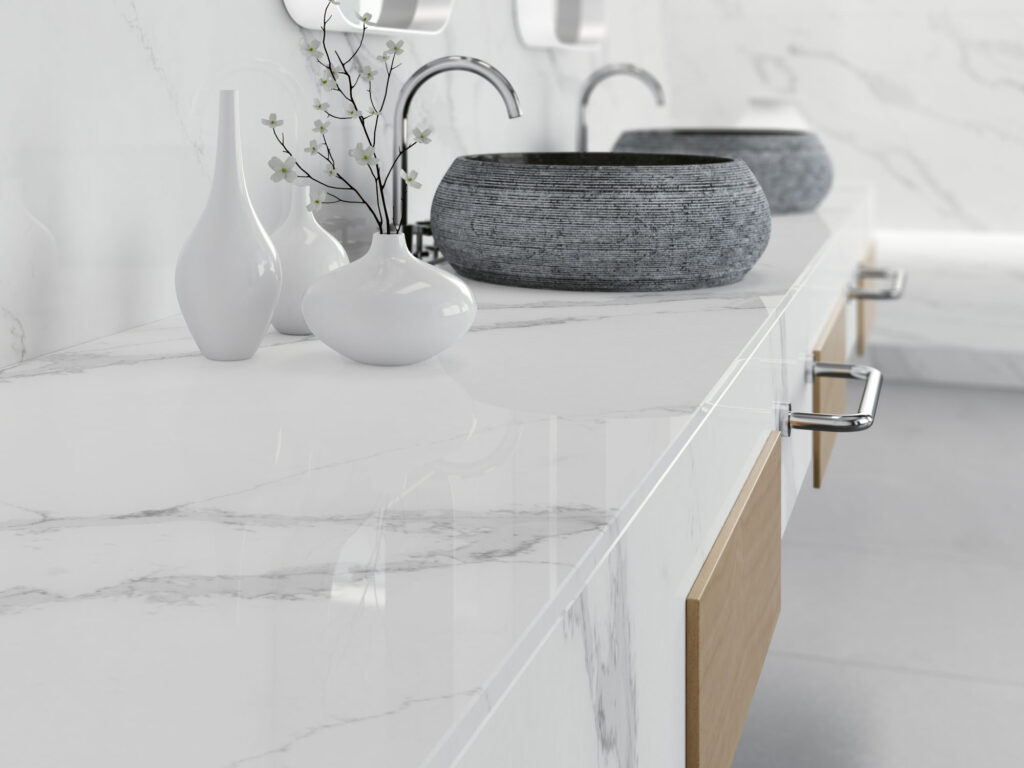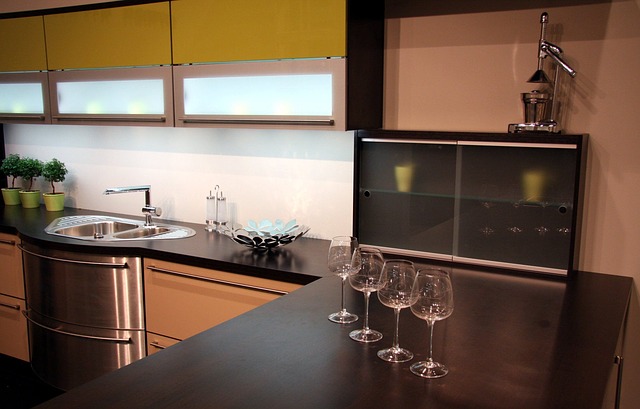Only a few years ago, most socializing was done in household living areas, but today’s family prefers the laid back, bustling atmosphere of a cozy kitchen. Island layouts and casual aesthetics have had their role to play in making this the heart of the home, so embarking on a remodel is no small task. Unlike other rooms, kitchens require you to design around plumbing, cabinetry, and other permanent fixtures, all of which must produce suitably light utility bills. Well-handled renovation can produce as much as a 70% return on investment if you’re entering the Southern California real estate market, so your project is well worth the effort.
1) The Goal-Driven Kitchen
Before you bog yourself down with thoughts of window treatments and appliances, establish what your kitchen is intended for. Is it an entertainment hub for dinners with friends, or merely a place for the family to gather over meals? Are you avid cooks who’ll get joy out of a new gas stove and display cookware, or do you put more effort into gaming nights than recipes? Establish your kitchen’s role in your life before sitting down to design.
Photo by Bill Bocken Architecture & Interior Design
2) A Contemporary Take on Floor Treatments
The days when you had to spend a fortune on wood and granite floor treatments are over. Fabrications made from laminate have become remarkably realistic and easy to care for. Your floor is the canvas of your room, so it will dominate your palette. Choose it carefully. Stone surfaces or travertine are timeless and easy to keep clean, but you can keep hardwood flooring in good condition with a protective polyurethane finish, which makes it an equally good option. Remember that stippled patterning needs to be balanced with some large, solid blocks of color.
3) Working with Light
Lighting is one of the most important aspects of your kitchen. By day, your windows provide the precise level of brightness you need, but by night, your needs become somewhat more complex. LED lights now come in warm, halogen-like bulbs, so you can layer your lighting without obliterating your aesthetic. Your room should have:
- Accent lighting to emphasize key design elements.
- Task lighting to illuminate work areas.
- Ambient lighting.
4) Cabinetry
You needn’t spend your entire budget on gutting your room. Kitchen face lifts entail removing and replacing your cabinet fronts and surfaces more economically. You can give your room an updated look for less or spend what you save on quality materials and appliances that will outlast any reasonable lifespan. Any kitchen cabinet ideas you have will come to life with well-placed accent lighting.
If you’re remodeling for your own pleasure rather than for a sale, this is an excellent way to extend your investment while improving the energy and water efficiency of the room. A wisely-handled remodel will push down your monthly bills and long term replacement costs.
Photo by Tennille Joy Interiors
Countertops will last best if they resist plenty of heat, but don’t ignore hygiene value. Porous materials are difficult to scrub completely clean. Stainless steel is the food industry’s go-to surface for its unparalleled cleanliness, but your kitchen is not a commercial one, so you will get away with granite, glass, or quartz.
5) Floor Plans
Island floor plans are currently popular for their homeliness and the extra socializing space they create. More recently, the boundary between the kitchen and the rest of the home has begun to blur. Seating on the living room side of the kitchen creates a faux island for those who have limited floor space. Tearing down the walls surrounding the room and letting your cabinetry do the job of separating the rooms also creates a sense of spaciousness. Entertaining with this kind of floor plan makes larger groups easier to seat when you have dinner parties.
Photo by Meritage Homes
Use one floor treatment throughout, and your home will seem far larger, but this creates a challenge: each living area needs to look unified and separate from others, a job that rugs and lighting do well.
Photo by Cornerstone Architects
Once you’ve taken care of the aesthetics and hues of your larger design elements, it becomes much easier to choose smaller details like fixtures and back splashes.

